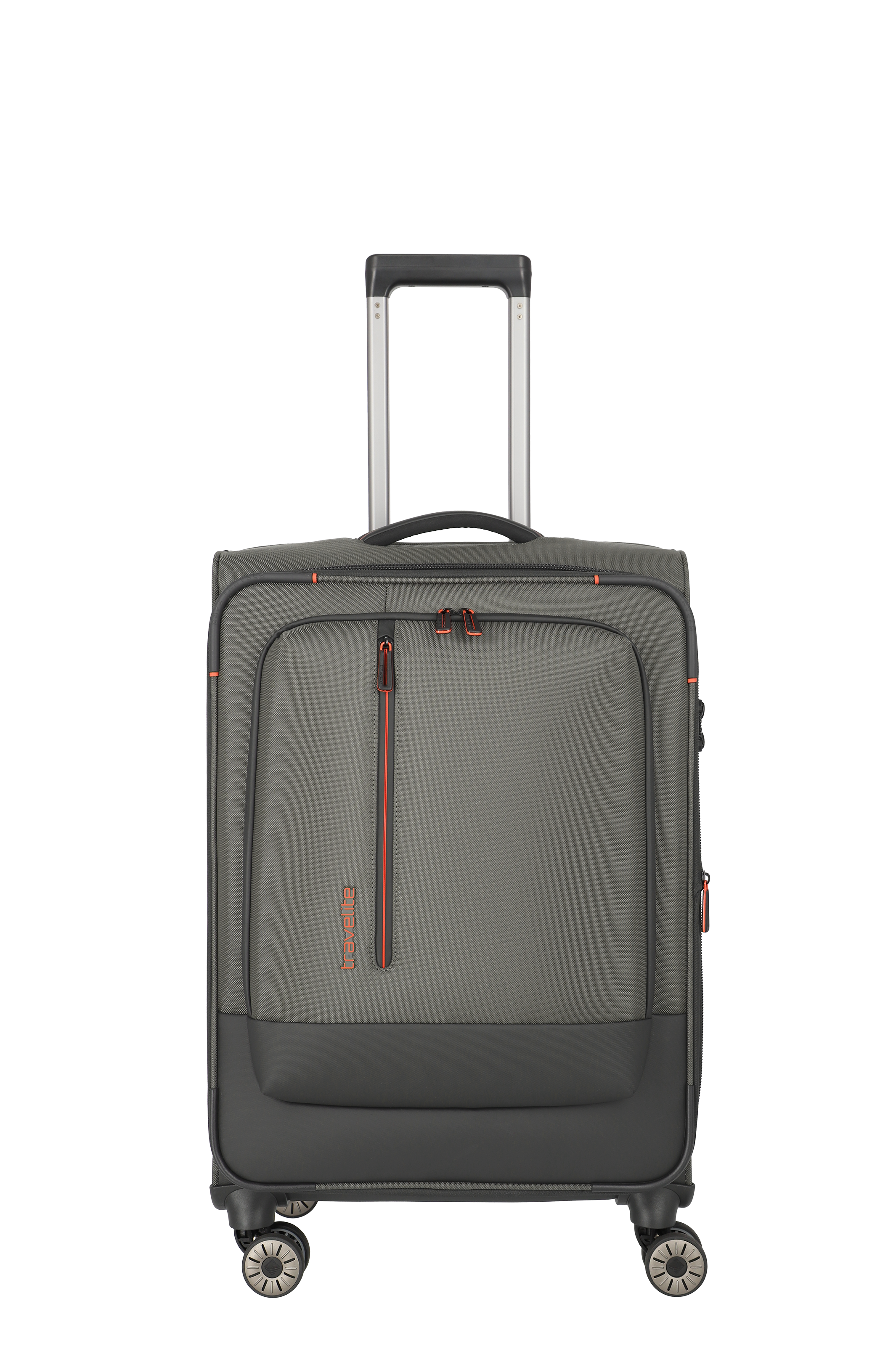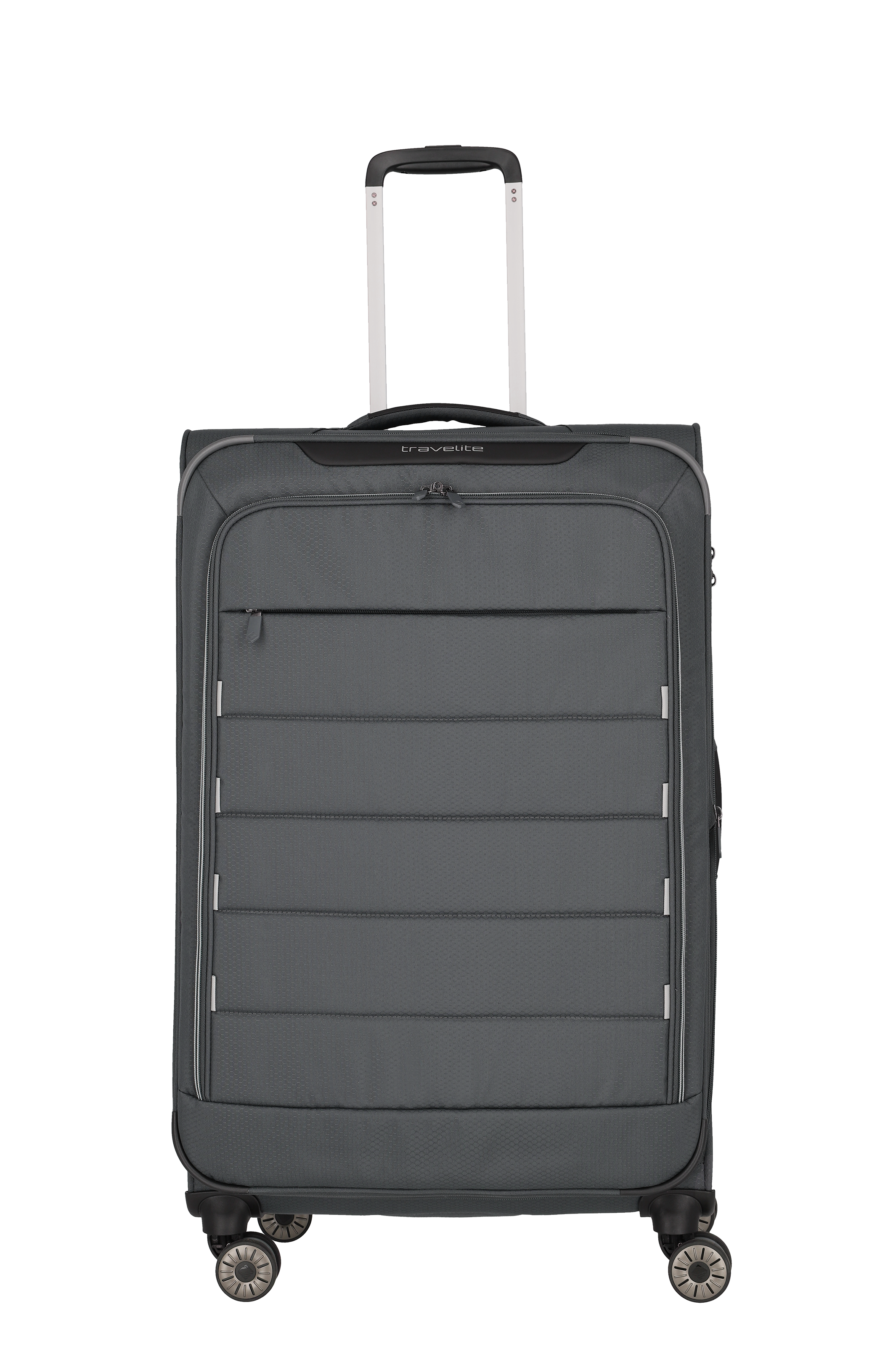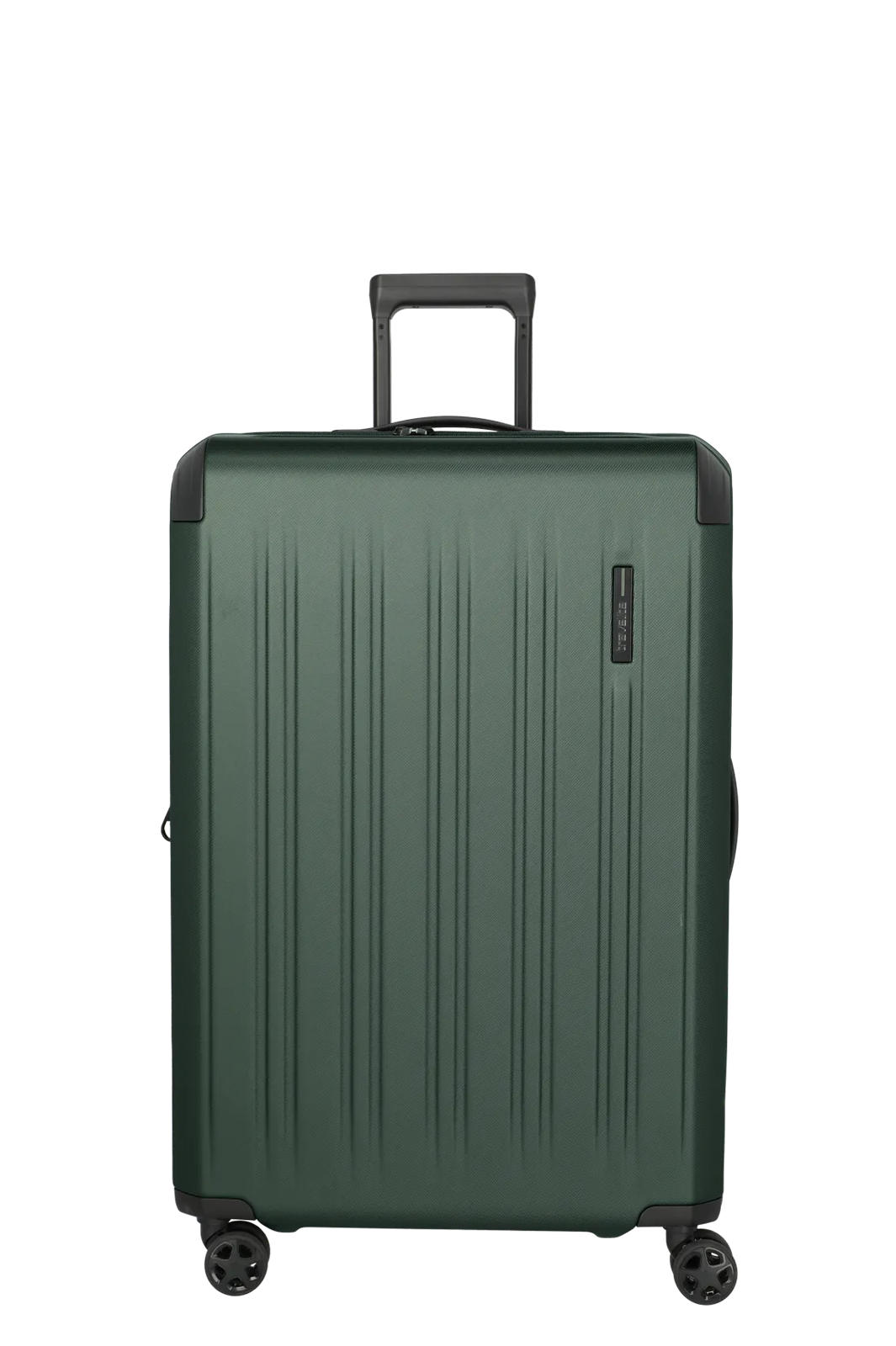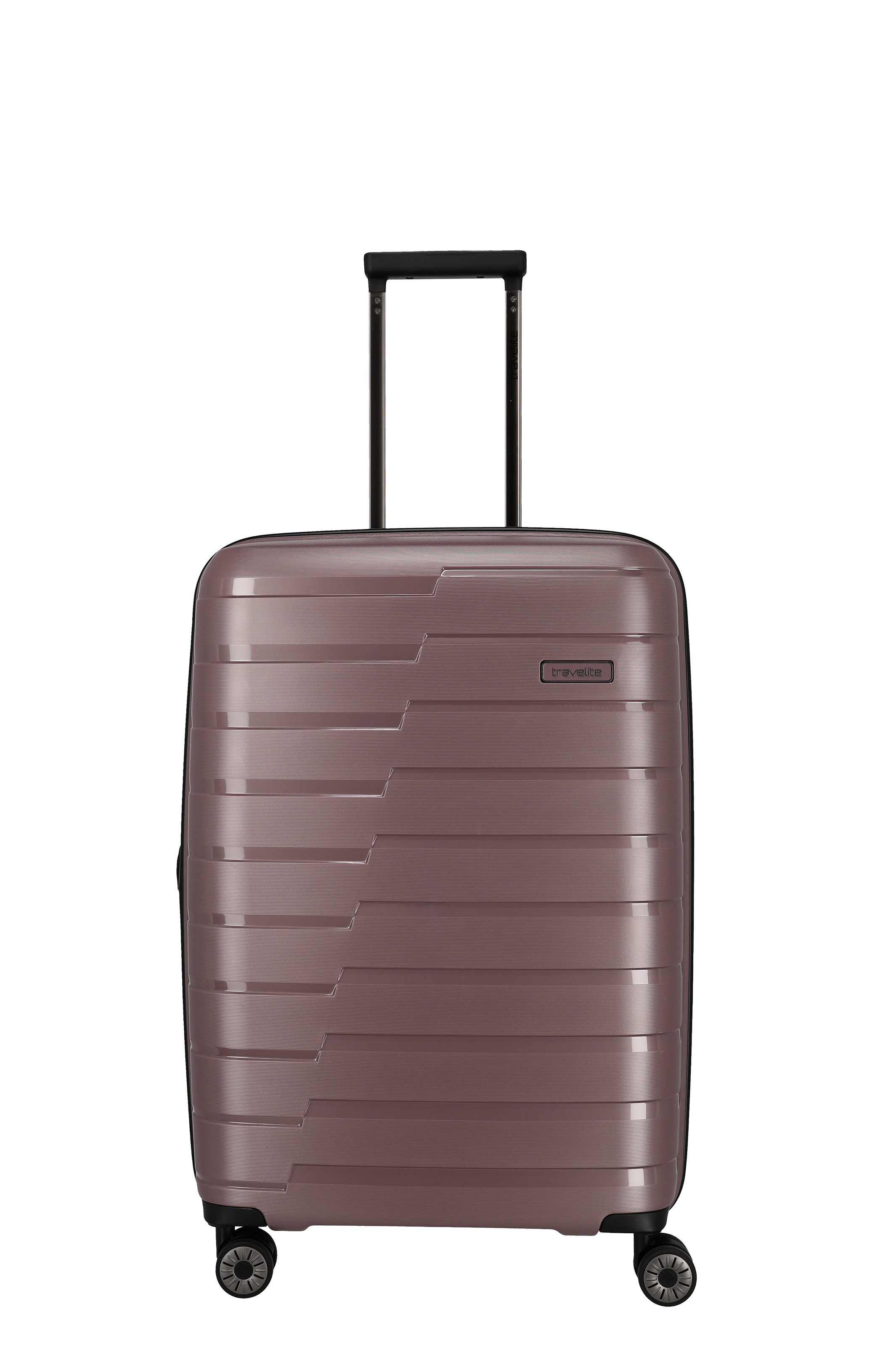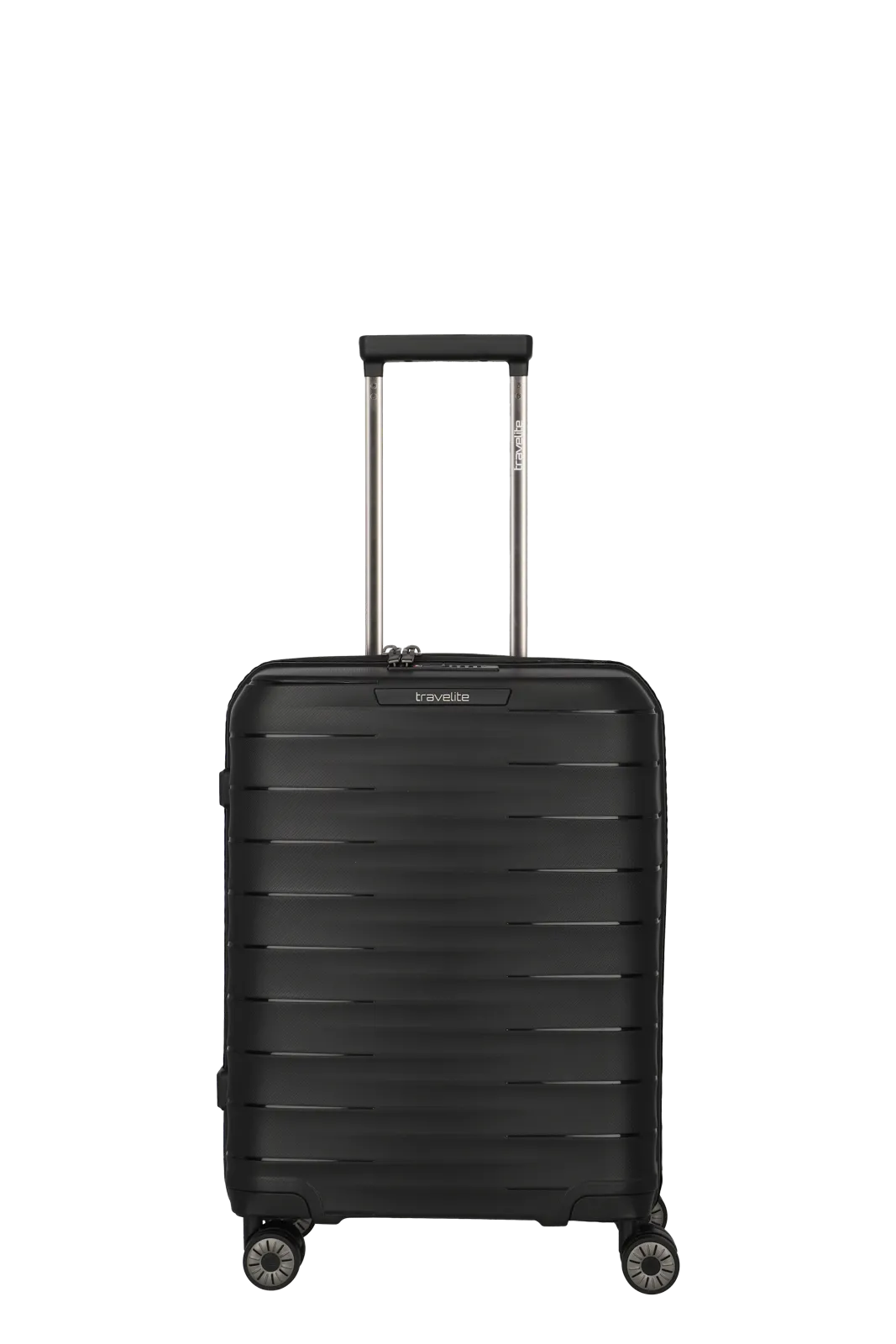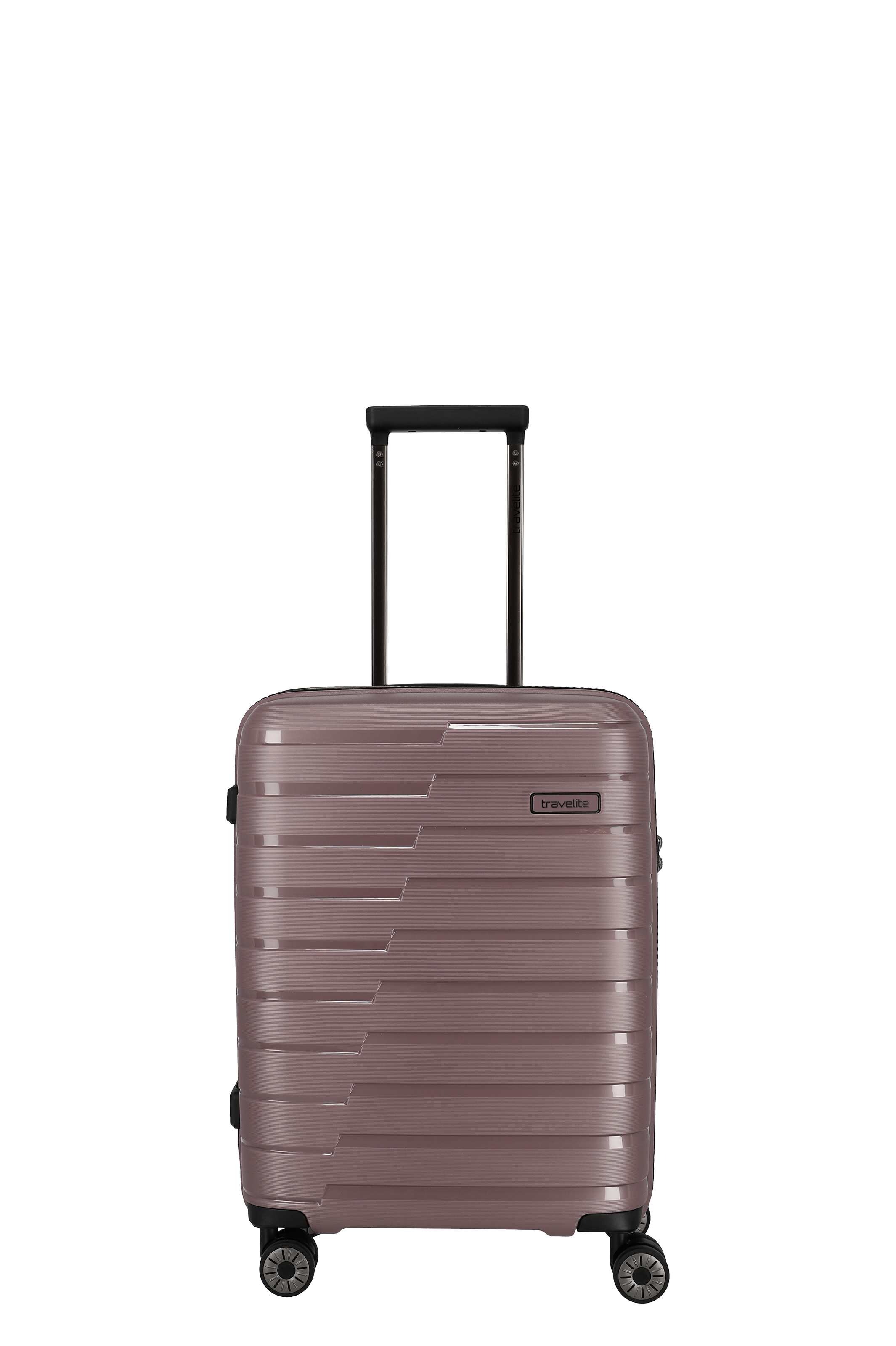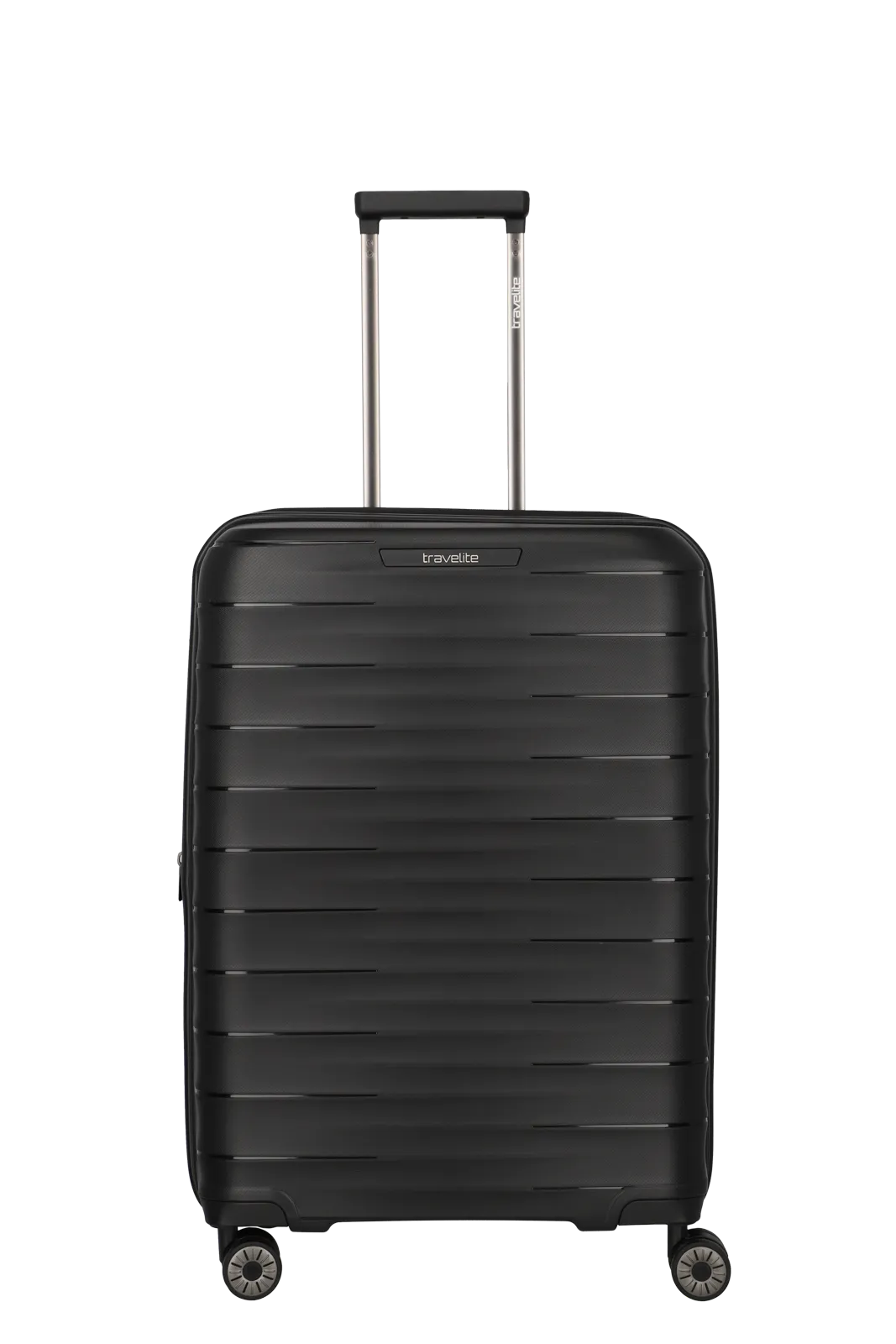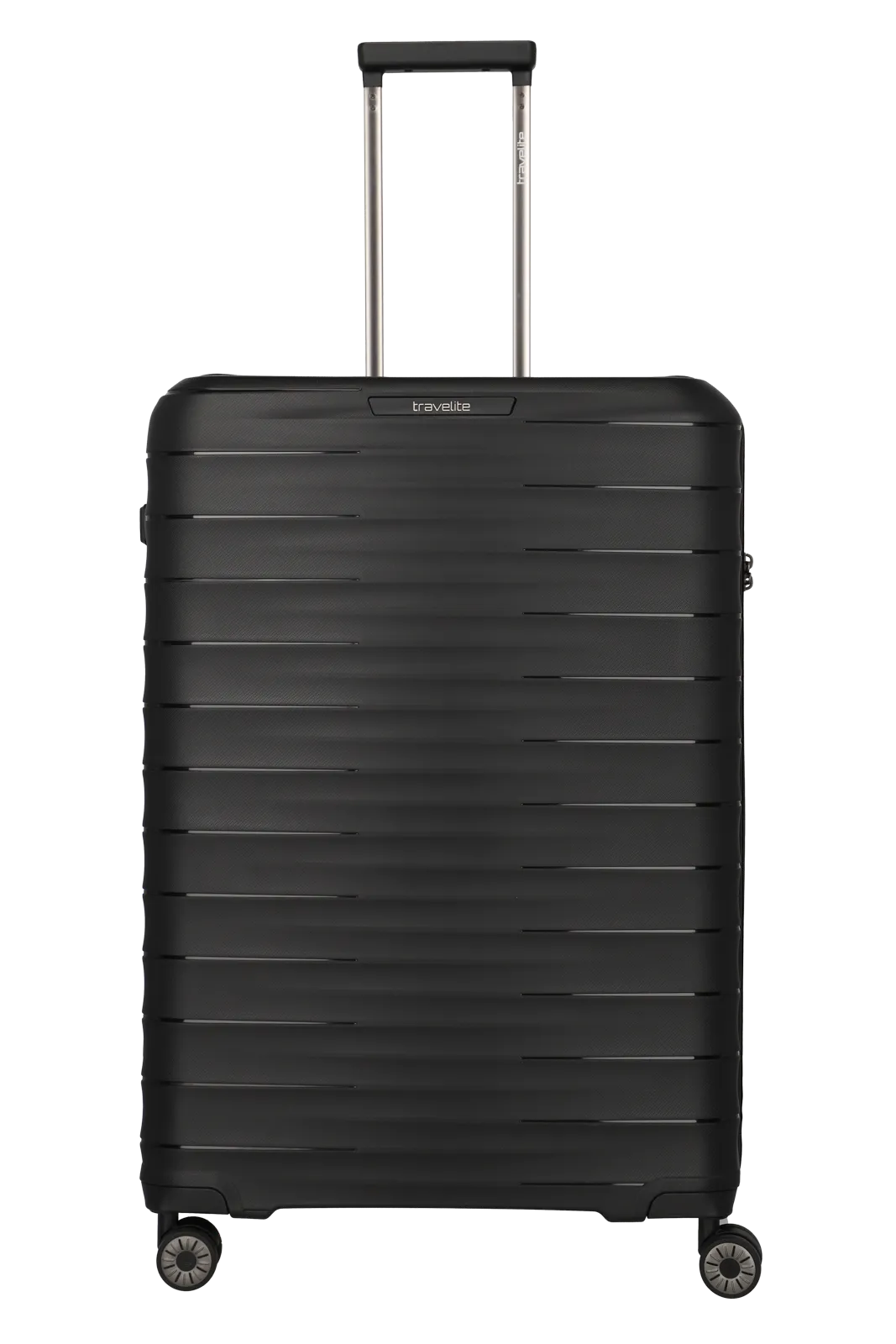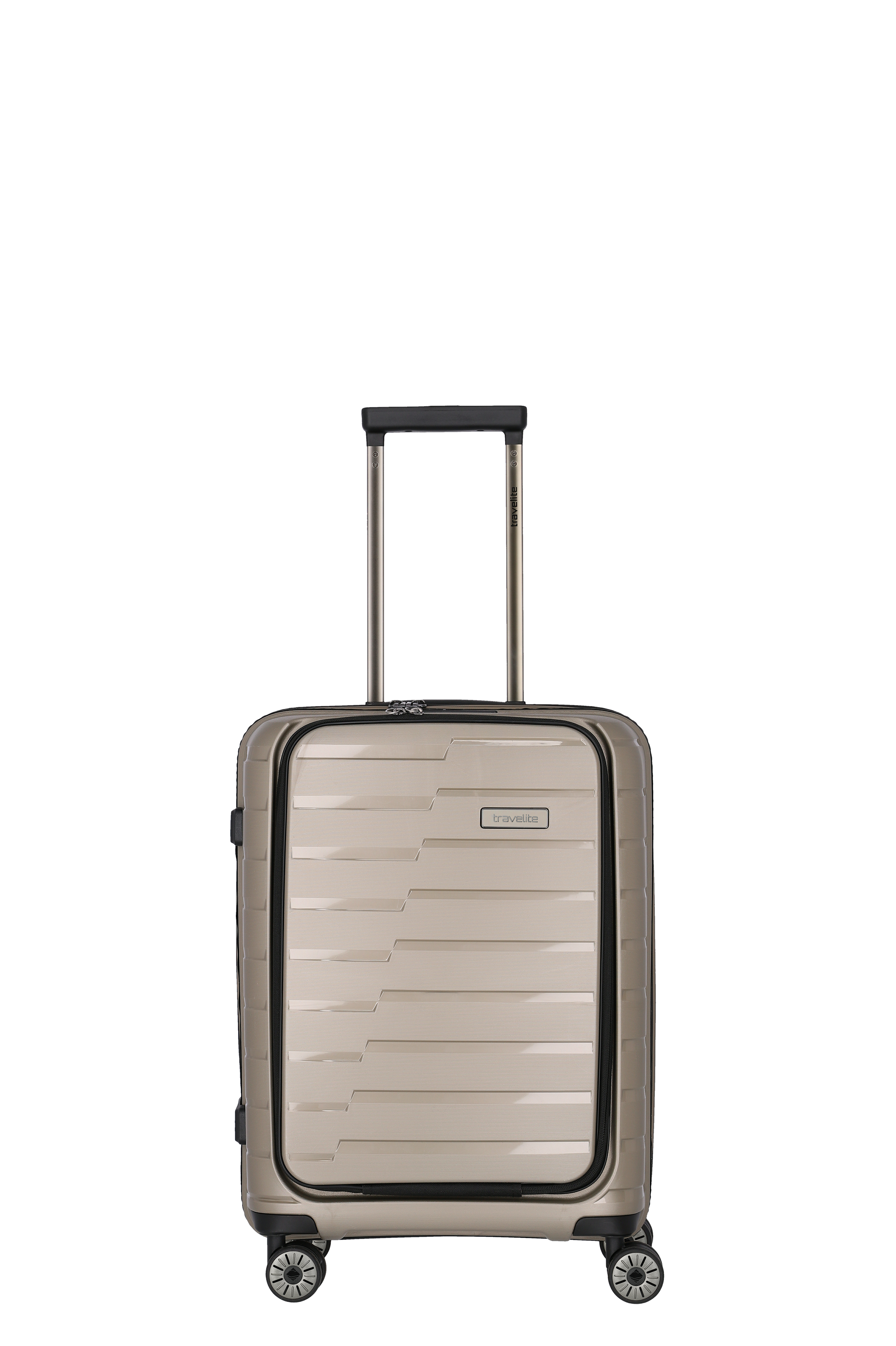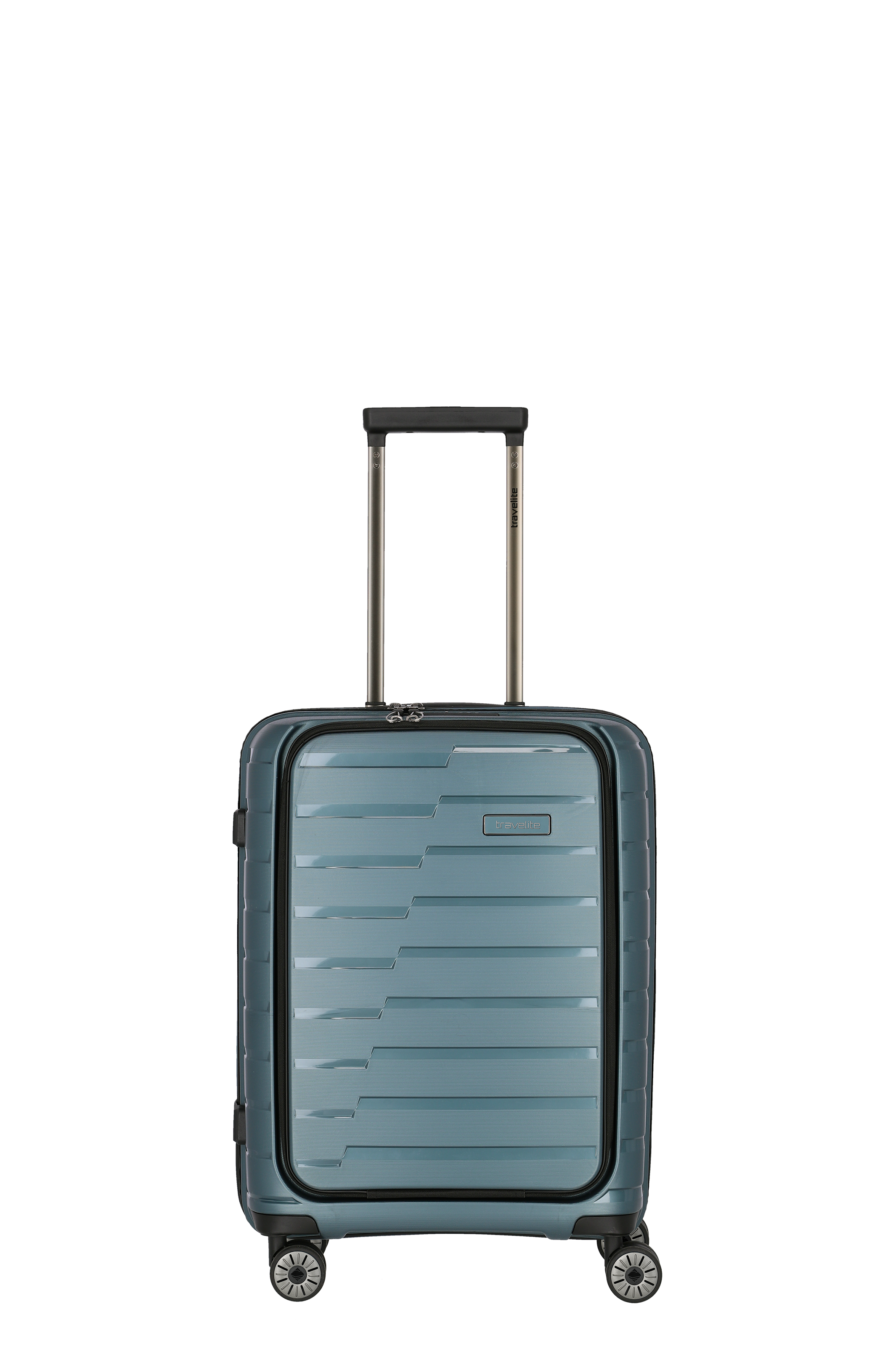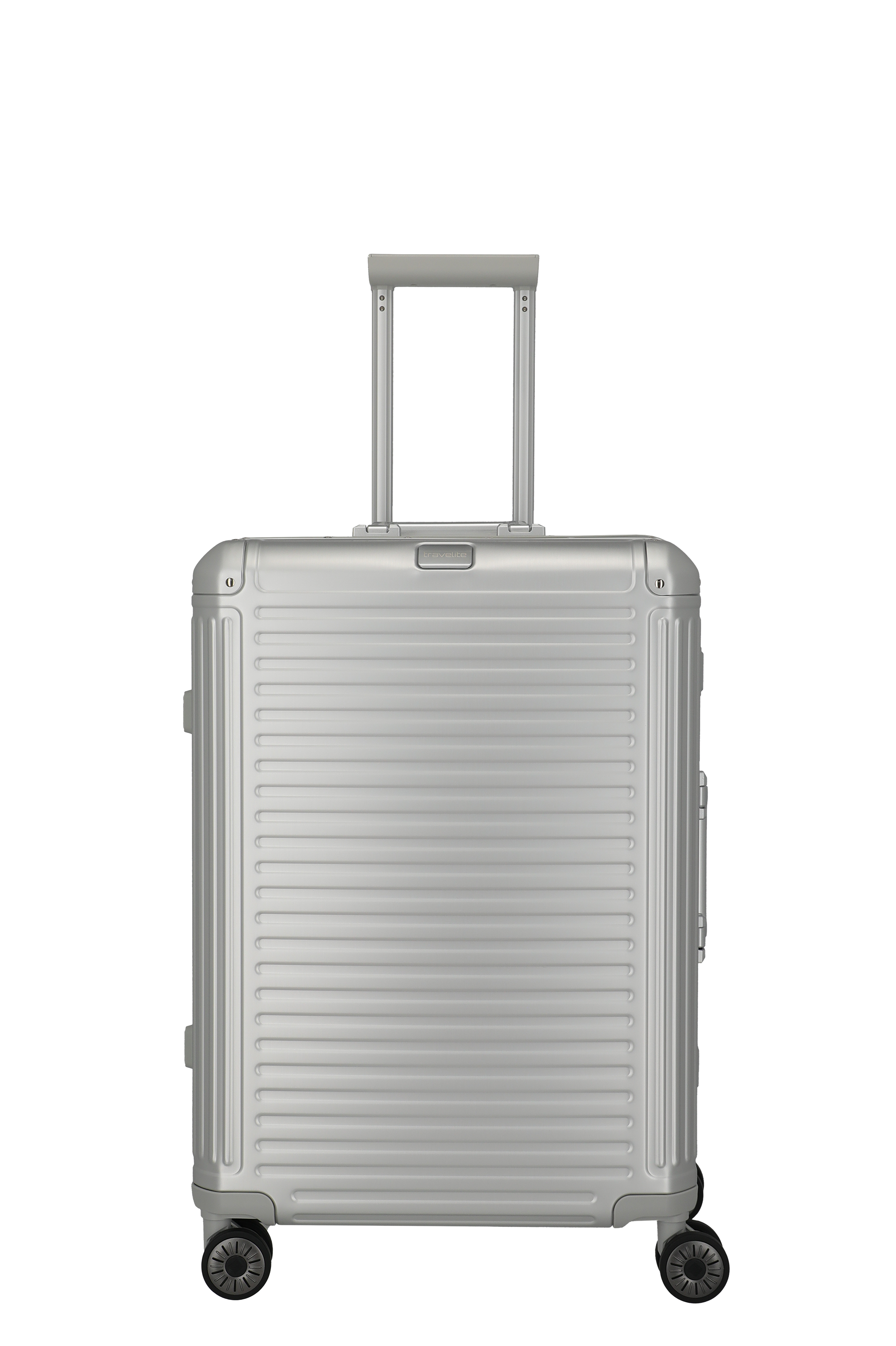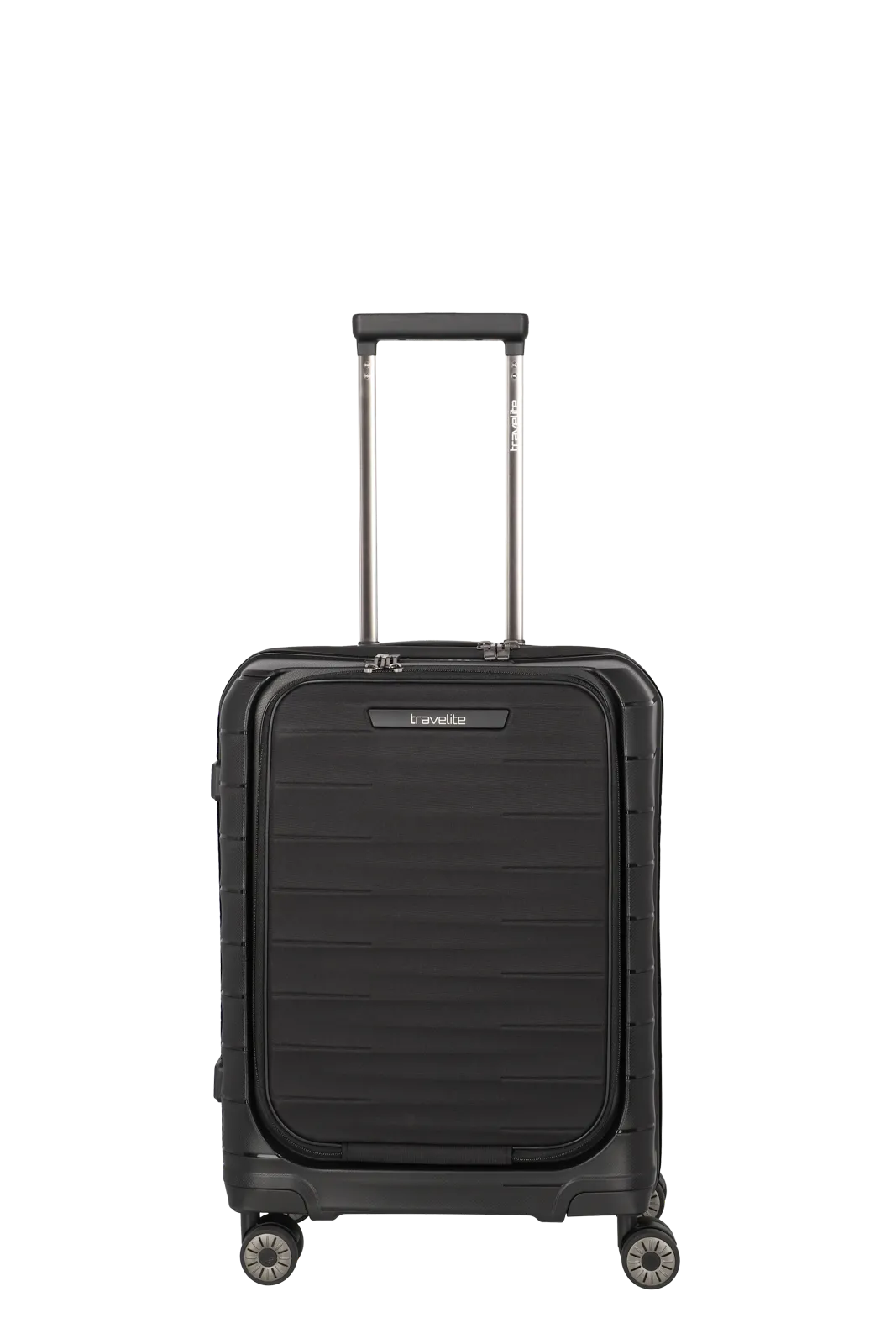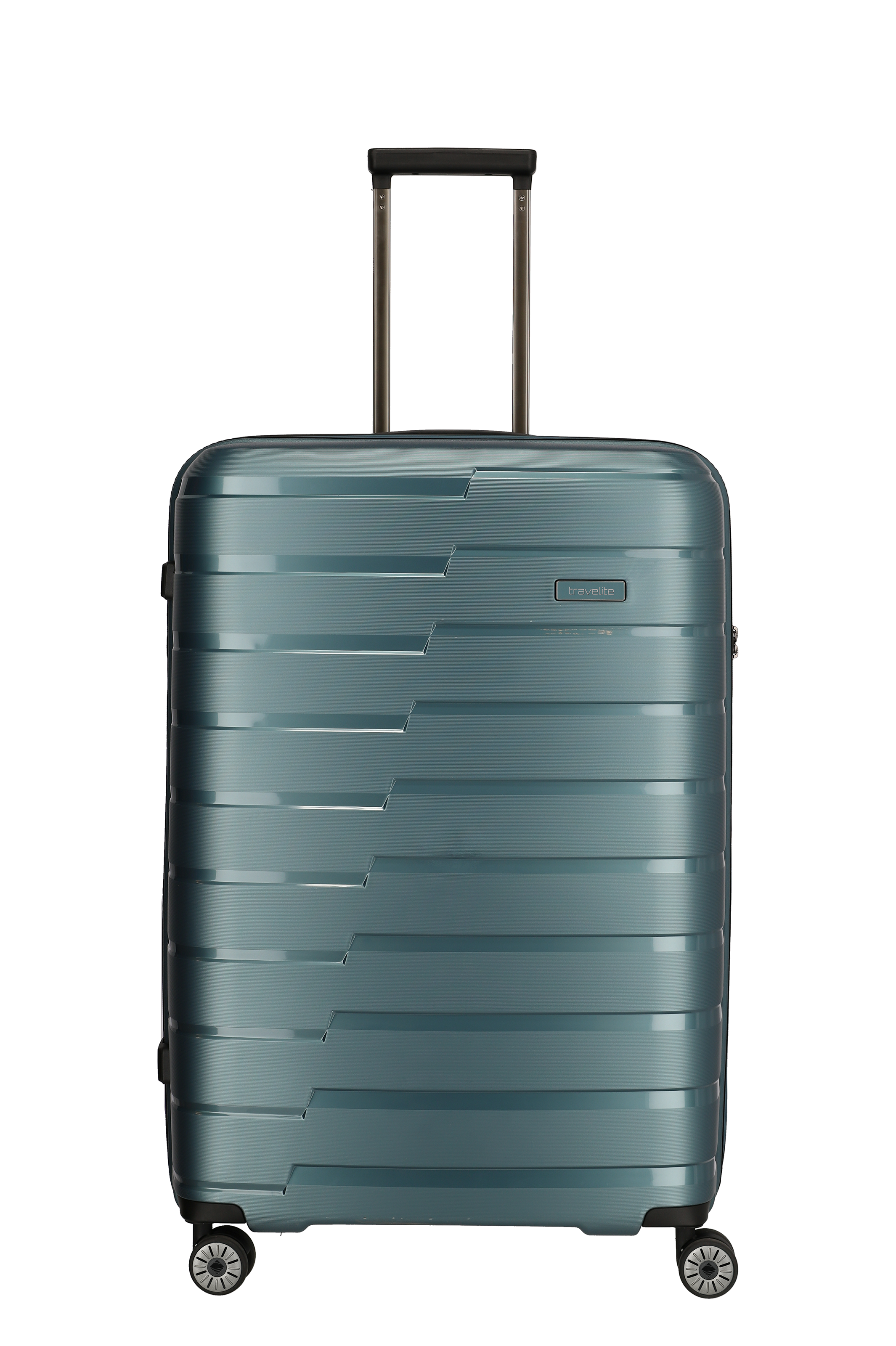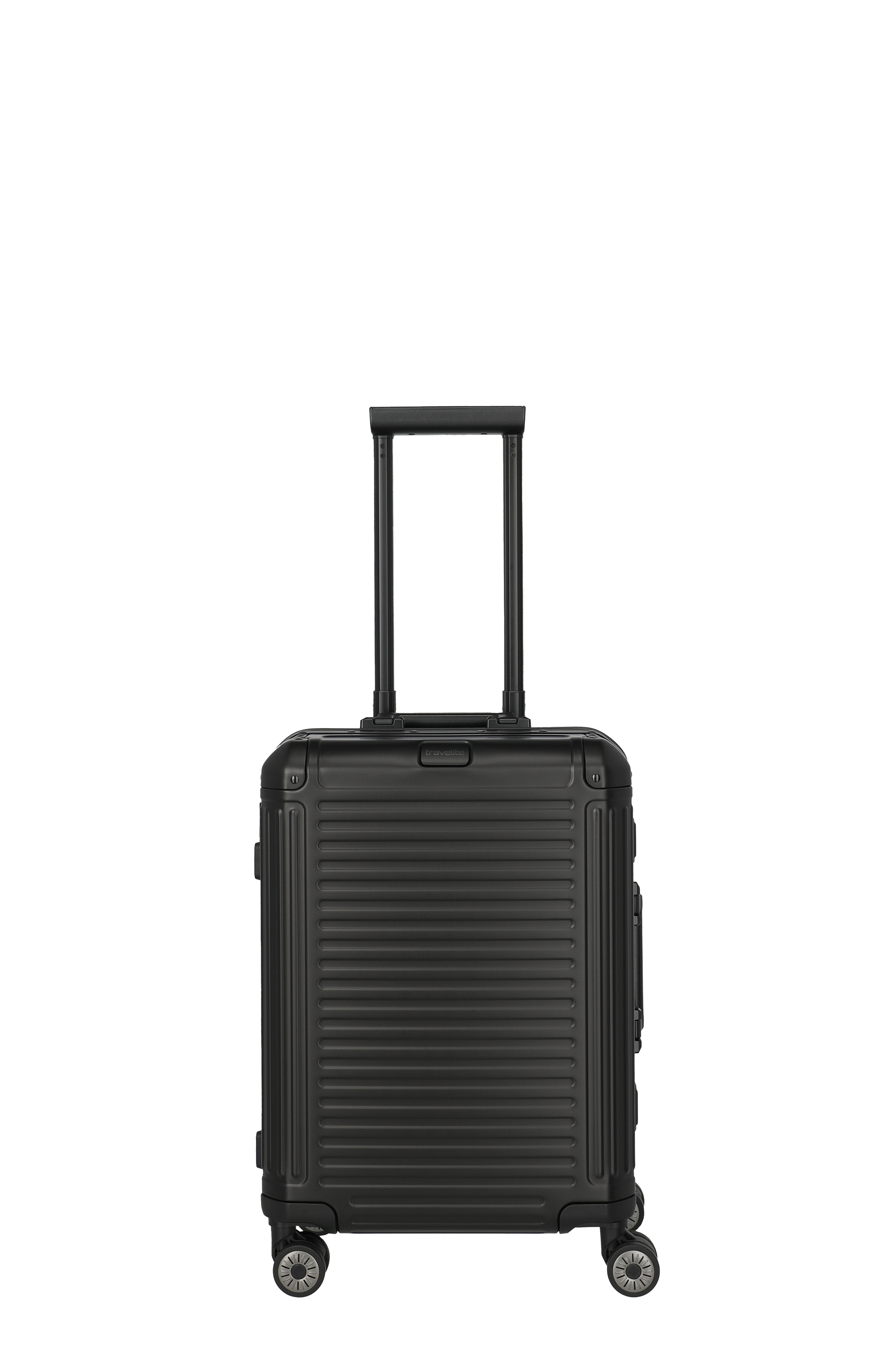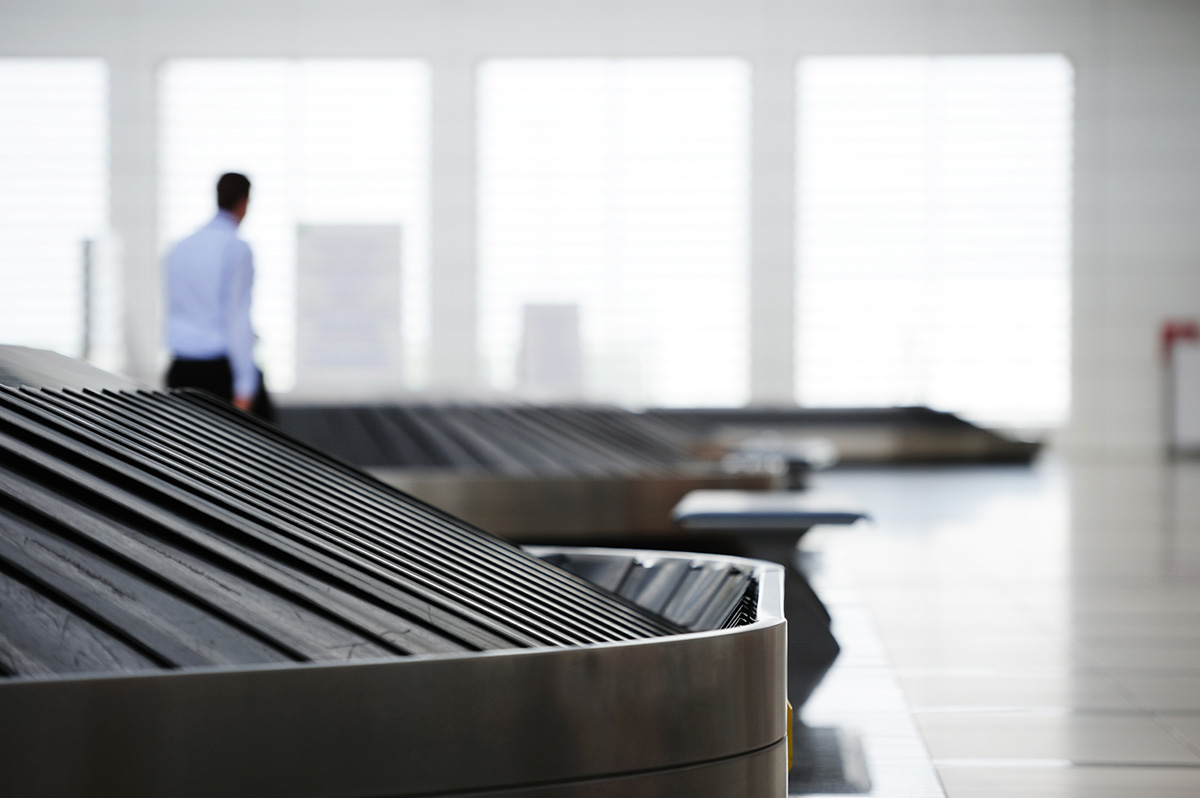

Lost luggage: what to do if your suitcase is lost
Lost luggage: what to do if your suitcase is lost
Have you ever experienced the nerve-wracking feeling of standing at the baggage carousel waiting for your luggage that never comes? Luggage losscan happen to any traveler and it is important to know how to proceed in such a situation. In this article, we explain what you should do if you lose your luggage and what your rights are.
Luggage loss when traveling by air: The most important things to know at a glance
- Be sure to mark your luggage clearly with your personal information, such as name and address, before you begin your trip.
- If your luggage is lost, you have certain claims against the airline.
- Under the Montreal Convention, the airline can be held liable if your luggage is delayed, damaged or lost.
- If your baggage is delayed, you can claim reimbursement for necessary and reasonable expenses, such as replacement clothing and toiletries.
- If your baggage is deemed permanently lost after 21 days, you are entitled to compensation.
- It is important that you report the loss or damage of your travel-case to report it to the airline within seven days at the latest.
- The report is usually made via a "Property Irregularity Report" (PIR), which you can fill out at baggage claim.
What are my claims in case of baggage loss?
After you get over the shock and upset of lost luggage, you should keep a cool head. As a passenger, you have claims for lost luggage that you should definitely file.
Most international, regional, and domestic airlines can be held liable under the Montreal Convention if your luggage is delayed, damaged, or lost. Under the Montreal Convention, passengers are generally entitled to compensation of up to about 1,300 euros. Of that, you can then replace your lost belongings, such as clothing and toiletries or necessary items like charging cables. Therefore, be sure to keep all receipts as proof of these expenses.
If your luggage has not been found after 21 days, it is considered permanently lost under the Montreal Convention. In this case, you are entitled to compensation, which is calculated according to the weight of the luggage and the presumed value of its contents.
It is important that you report the loss or damage of your luggage to the airline as soon as possible, but no later than within seven days. This is usually done via a "Property Irregularity Report" (PIR), which you can fill out at baggage claim.
Luggage loss on a ship trip
Your luggage can also get lost when traveling by ship, the process here can vary depending on the shipping company and the specific circumstances, but in general you can expect the following steps:
1. Reporting the loss: If you notice that your luggage is missing, you should report it immediately to the ship's customer service or department responsible for it. Usually there are special counters or service points for this purpose.
2. Filling out a loss form: You will usually be provided with a form where you can provide all relevant information about your missing luggage, such as.For example, description of the suitcase, contents, last known location, and possibly an estimate of the value.
3. Search on board: the ship's personnel will start a search for the missing luggage. Since there are fewer places on a ship where luggage could be misplaced (compared to an airport), the likelihood of your luggage being found is often higher.
4. Compensation: If your luggage is not found, it depends on the shipping company and their terms and conditions how they handle compensation payments. Some shipping companies offer a lump sum compensation, others refer to a luggage insurance. It is therefore important that you inform yourself about the conditions and possibilities of an additional insurance before the trip.
Loss of luggage during a train ride
When traveling by train, you are often responsible for your own luggage, which makes liability for lost luggage all the more difficult. You should therefore always be particularly vigilant and keep an eye on your luggage. Nevertheless, report the loss of luggage, the railroad staff will help you in your search. If your suitcase does disappear, luggage insurance can be particularly useful.
How to minimize the risk of baggage loss
We all know those nervous minutes we spend at the baggage carousel waiting for our luggage after a long flight. To avoid those minutes turning into hours or even days, there are a few simple tricks you can use. Start by personalizing your luggage: A colorful luggage tag or eye-catching ribbon can work wonders to ensure your suitcase isn't accidentally taken by someone else. Stow all important documents and valuables in your carry-on luggage so that even if your suitcase gets lost, you'll have the essentials with you. And don't forget to get to the airport early enough to check in your luggage on time - rushing is often the cause of lost luggage. You can also consider baggage insurance or even use modern technology like luggage trackers. With these simple measures, you can significantly reduce the risk of lost luggage and go on your trip worry-free.
Our tips against baggage loss at a glance:
1. Clearly label your luggage: use eye-catching tags, stickers or ribbons and make sure your name, address and phone number are written on the inside and outside of the bag.
2. Stow valuables in your hand luggage: items such as jewelry, electronic devices and important documents should always be stored in your hand luggage. We recommend that you pack a change of clothes in case your luggage gets lost - then you are prepared for the worst case scenario.
3. Check in your luggage on time: allow enough time for check-in to avoid losing your luggage due to rush or last minute check-ins.
4. Consider whether you need baggage insurance: If you're transporting valuable items or simply want extra protection, baggage insurance might be worth considering.
5. Use technology to track your luggage: GPS trackers and other technologies can help you track your luggage. In the best case scenario, if your suitcase does get lost, you can track where it is.
6. Avoid stopovers: sometimes it is unavoidable to fly a route with a stopover - especially because they are often cheaper than direct flights. If you have the opportunity, we recommend that you avoid a route with stopovers, as you can minimize the risk of losing your luggage during the transport between the different airports.
Finally, it is important to emphasize that despite all the worries and possible problems that can come with luggage, traveling is a wonderful experience that allows us to discover new places, cultures and people. It broadens our horizons, takes us out of our comfort zone and lets us make memories that will last a lifetime.
A lost suitcase is certainly an annoyance, but it shouldn't dampen your spirit of adventure. With a little preparation, the right knowledge and a little care, you can minimize the risk of lost luggage and focus on what really matters - the joy of travel.
Have you ever experienced the nerve-wracking feeling of standing at the baggage carousel waiting for your luggage that never comes? Luggage losscan happen to any traveler and it is important to know how to proceed in such a situation. In this article, we explain what you should do if you lose your luggage and what your rights are.
Luggage loss when traveling by air: The most important things to know at a glance
- Be sure to mark your luggage clearly with your personal information, such as name and address, before you begin your trip.
- If your luggage is lost, you have certain claims against the airline.
- Under the Montreal Convention, the airline can be held liable if your luggage is delayed, damaged or lost.
- If your baggage is delayed, you can claim reimbursement for necessary and reasonable expenses, such as replacement clothing and toiletries.
- If your baggage is deemed permanently lost after 21 days, you are entitled to compensation.
- It is important that you report the loss or damage of your travel-case to report it to the airline within seven days at the latest.
- The report is usually made via a "Property Irregularity Report" (PIR), which you can fill out at baggage claim.
What are my claims in case of baggage loss?
After you get over the shock and upset of lost luggage, you should keep a cool head. As a passenger, you have claims for lost luggage that you should definitely file.
Most international, regional, and domestic airlines can be held liable under the Montreal Convention if your luggage is delayed, damaged, or lost. Under the Montreal Convention, passengers are generally entitled to compensation of up to about 1,300 euros. Of that, you can then replace your lost belongings, such as clothing and toiletries or necessary items like charging cables. Therefore, be sure to keep all receipts as proof of these expenses.
If your luggage has not been found after 21 days, it is considered permanently lost under the Montreal Convention. In this case, you are entitled to compensation, which is calculated according to the weight of the luggage and the presumed value of its contents.
It is important that you report the loss or damage of your luggage to the airline as soon as possible, but no later than within seven days. This is usually done via a "Property Irregularity Report" (PIR), which you can fill out at baggage claim.
Luggage loss on a ship trip
Your luggage can also get lost when traveling by ship, the process here can vary depending on the shipping company and the specific circumstances, but in general you can expect the following steps:
1. Reporting the loss: If you notice that your luggage is missing, you should report it immediately to the ship's customer service or department responsible for it. Usually there are special counters or service points for this purpose.
2. Filling out a loss form: You will usually be provided with a form where you can provide all relevant information about your missing luggage, such as.For example, description of the suitcase, contents, last known location, and possibly an estimate of the value.
3. Search on board: the ship's personnel will start a search for the missing luggage. Since there are fewer places on a ship where luggage could be misplaced (compared to an airport), the likelihood of your luggage being found is often higher.
4. Compensation: If your luggage is not found, it depends on the shipping company and their terms and conditions how they handle compensation payments. Some shipping companies offer a lump sum compensation, others refer to a luggage insurance. It is therefore important that you inform yourself about the conditions and possibilities of an additional insurance before the trip.
Loss of luggage during a train ride
When traveling by train, you are often responsible for your own luggage, which makes liability for lost luggage all the more difficult. You should therefore always be particularly vigilant and keep an eye on your luggage. Nevertheless, report the loss of luggage, the railroad staff will help you in your search. If your suitcase does disappear, luggage insurance can be particularly useful.
How to minimize the risk of baggage loss
We all know those nervous minutes we spend at the baggage carousel waiting for our luggage after a long flight. To avoid those minutes turning into hours or even days, there are a few simple tricks you can use. Start by personalizing your luggage: A colorful luggage tag or eye-catching ribbon can work wonders to ensure your suitcase isn't accidentally taken by someone else. Stow all important documents and valuables in your carry-on luggage so that even if your suitcase gets lost, you'll have the essentials with you. And don't forget to get to the airport early enough to check in your luggage on time - rushing is often the cause of lost luggage. You can also consider baggage insurance or even use modern technology like luggage trackers. With these simple measures, you can significantly reduce the risk of lost luggage and go on your trip worry-free.
Our tips against baggage loss at a glance:
1. Clearly label your luggage: use eye-catching tags, stickers or ribbons and make sure your name, address and phone number are written on the inside and outside of the bag.
2. Stow valuables in your hand luggage: items such as jewelry, electronic devices and important documents should always be stored in your hand luggage. We recommend that you pack a change of clothes in case your luggage gets lost - then you are prepared for the worst case scenario.
3. Check in your luggage on time: allow enough time for check-in to avoid losing your luggage due to rush or last minute check-ins.
4. Consider whether you need baggage insurance: If you're transporting valuable items or simply want extra protection, baggage insurance might be worth considering.
5. Use technology to track your luggage: GPS trackers and other technologies can help you track your luggage. In the best case scenario, if your suitcase does get lost, you can track where it is.
6. Avoid stopovers: sometimes it is unavoidable to fly a route with a stopover - especially because they are often cheaper than direct flights. If you have the opportunity, we recommend that you avoid a route with stopovers, as you can minimize the risk of losing your luggage during the transport between the different airports.
Finally, it is important to emphasize that despite all the worries and possible problems that can come with luggage, traveling is a wonderful experience that allows us to discover new places, cultures and people. It broadens our horizons, takes us out of our comfort zone and lets us make memories that will last a lifetime.
A lost suitcase is certainly an annoyance, but it shouldn't dampen your spirit of adventure. With a little preparation, the right knowledge and a little care, you can minimize the risk of lost luggage and focus on what really matters - the joy of travel.














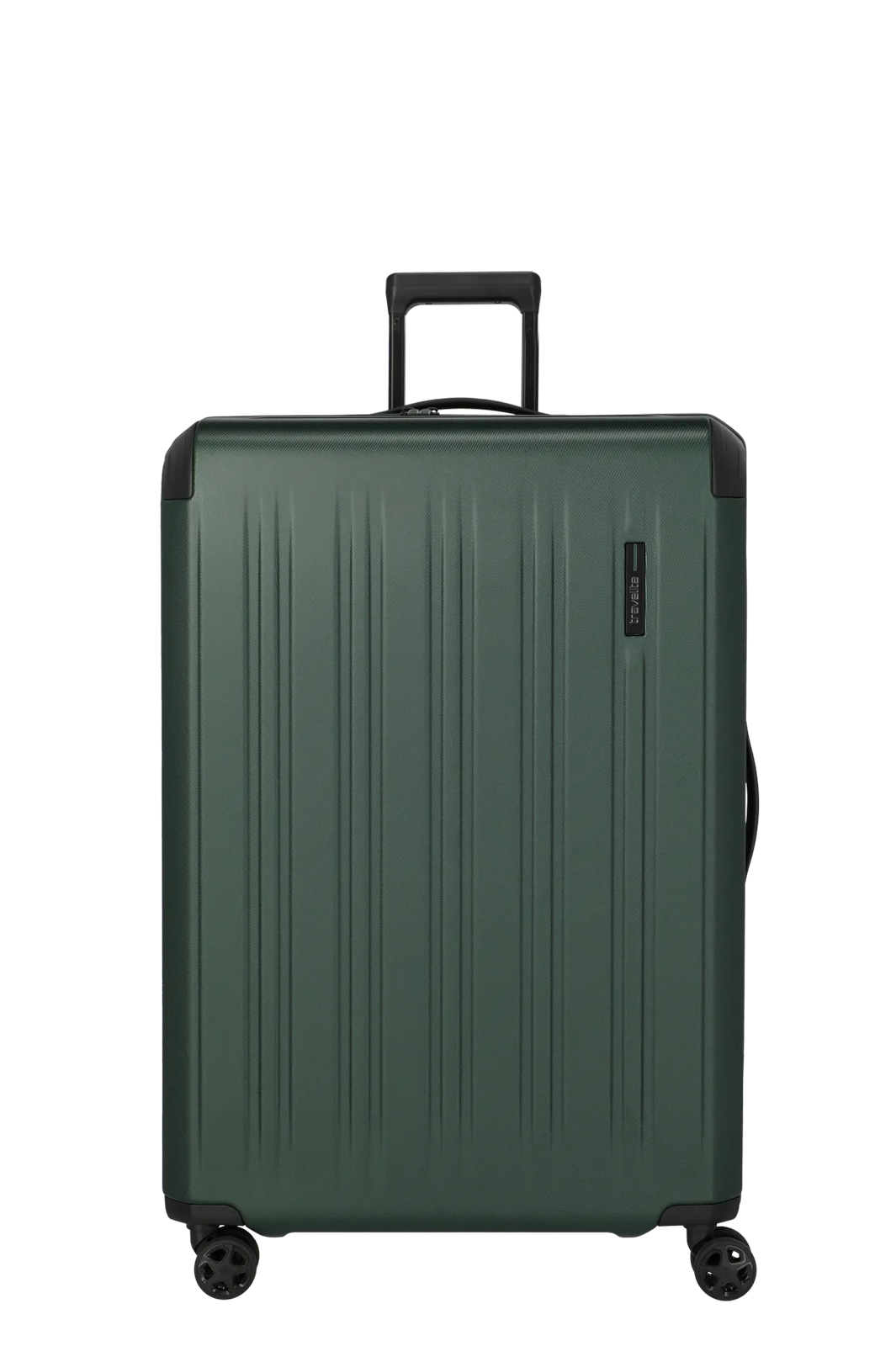

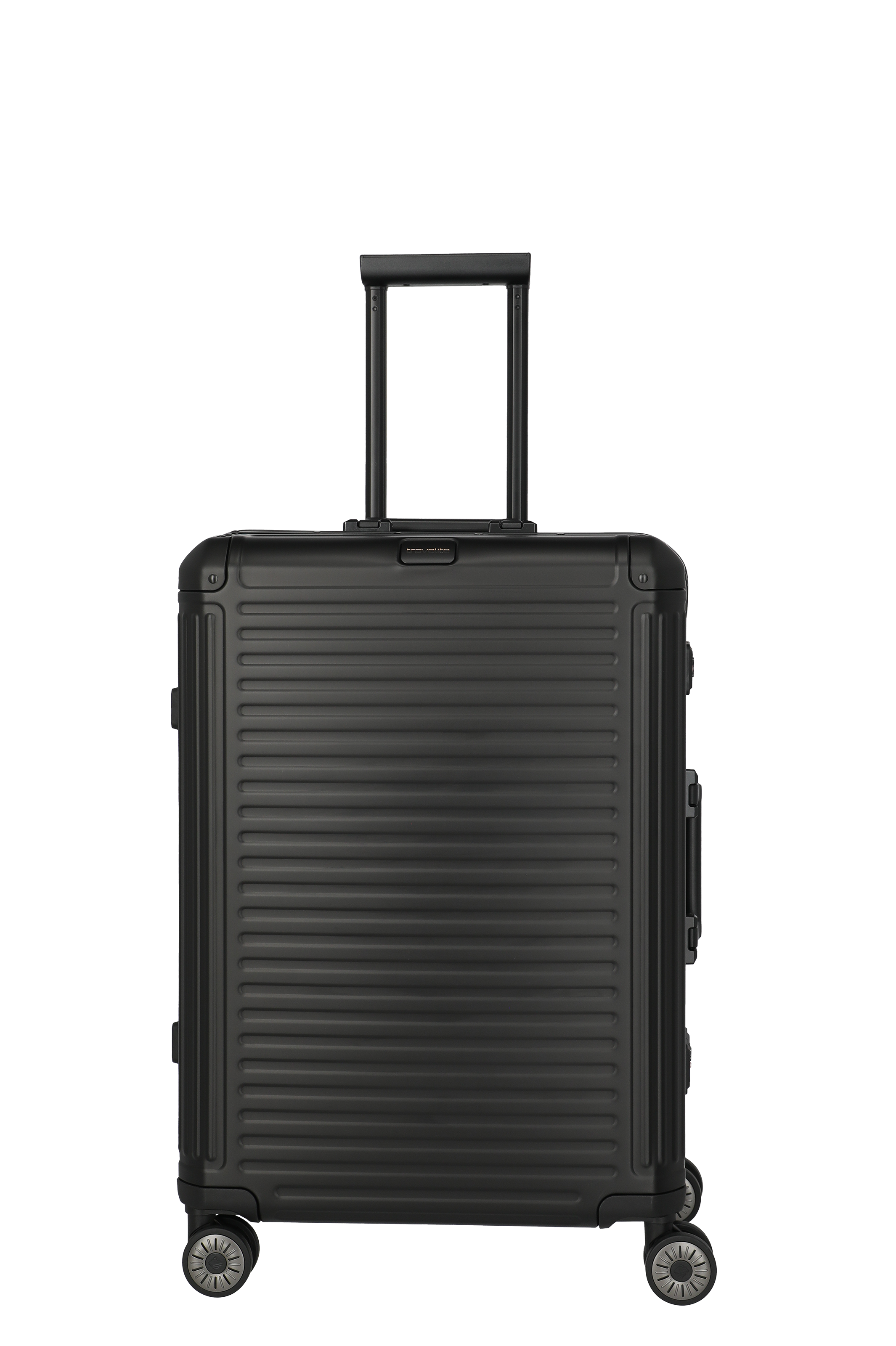
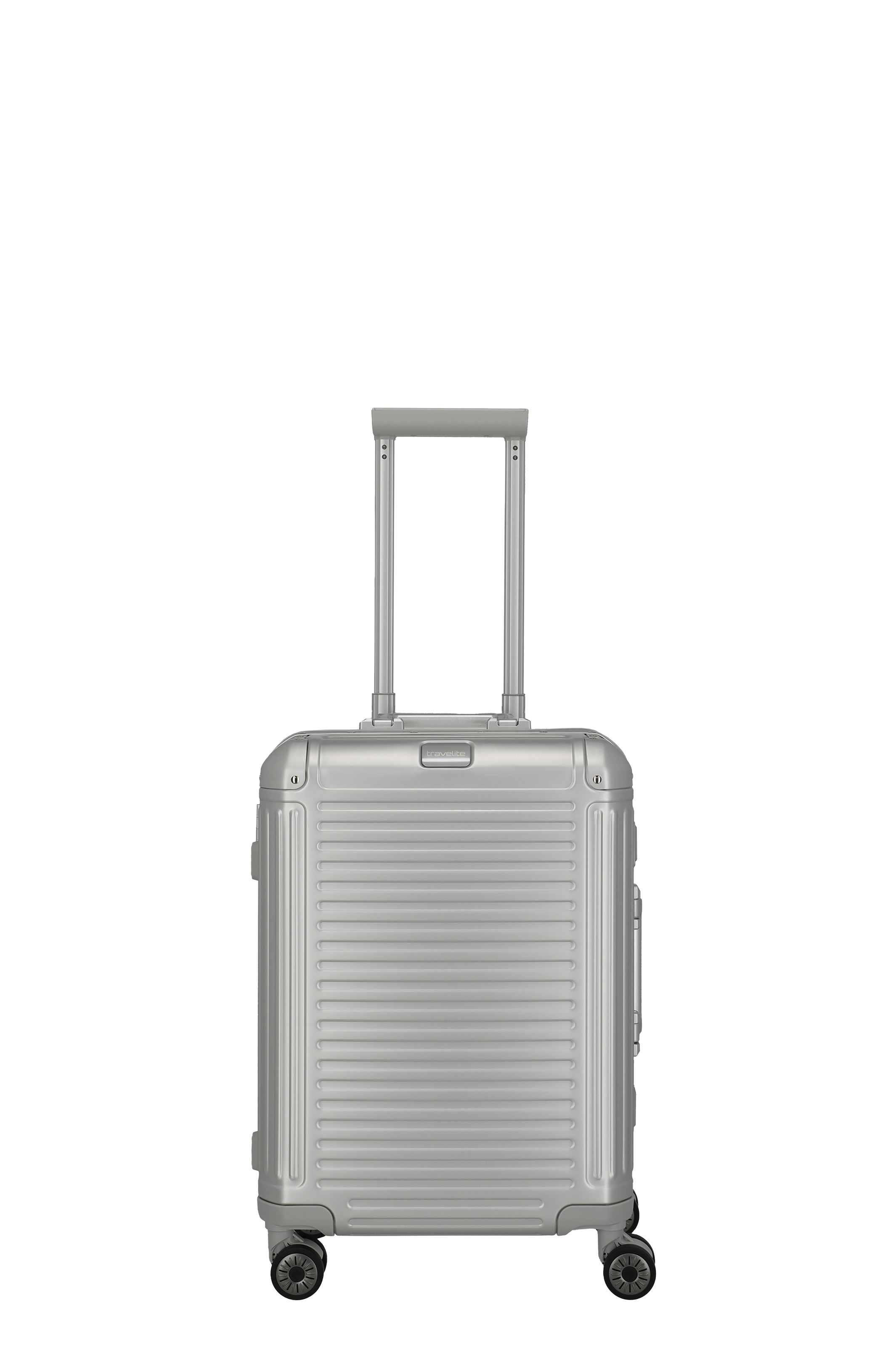

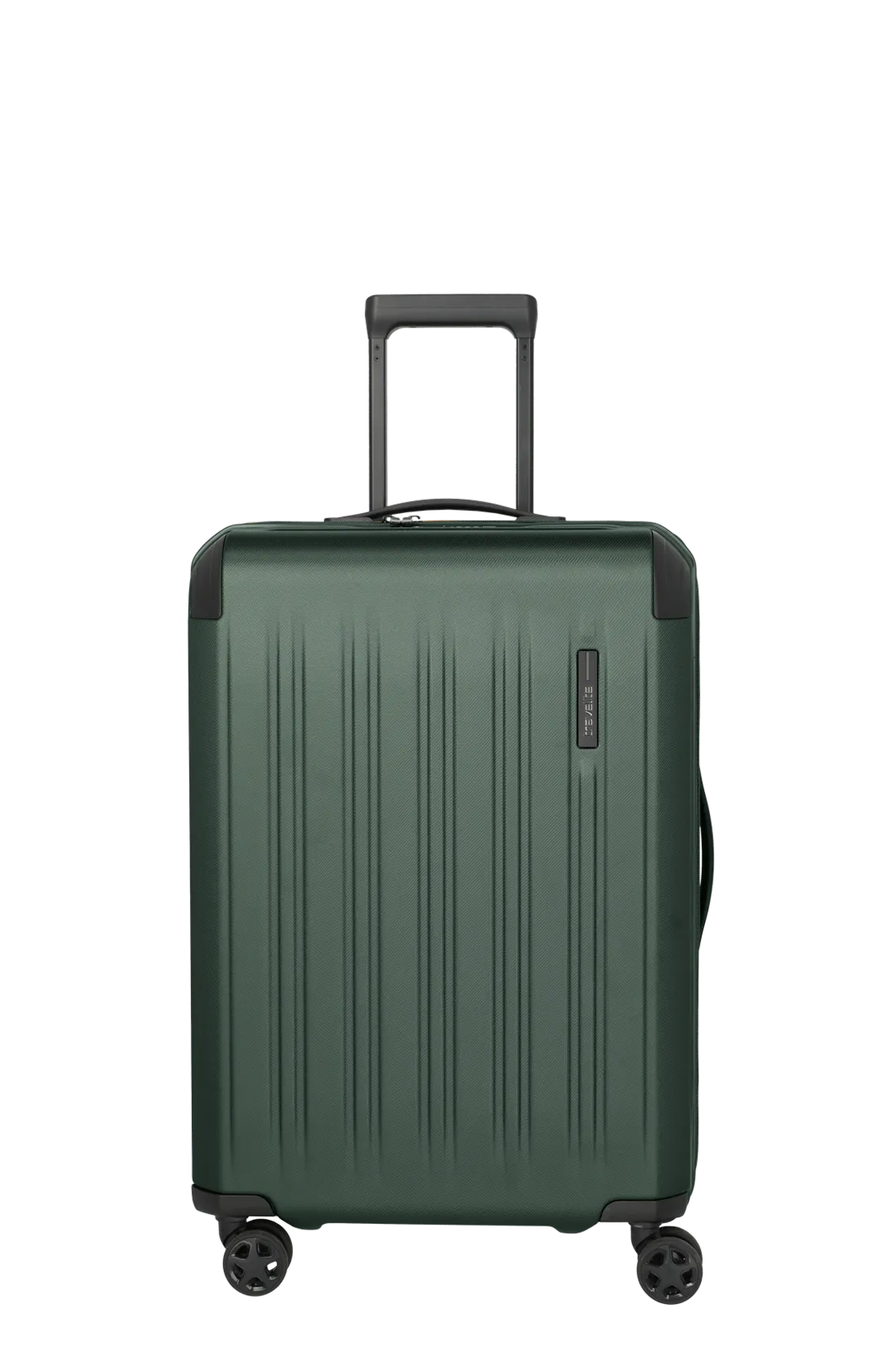




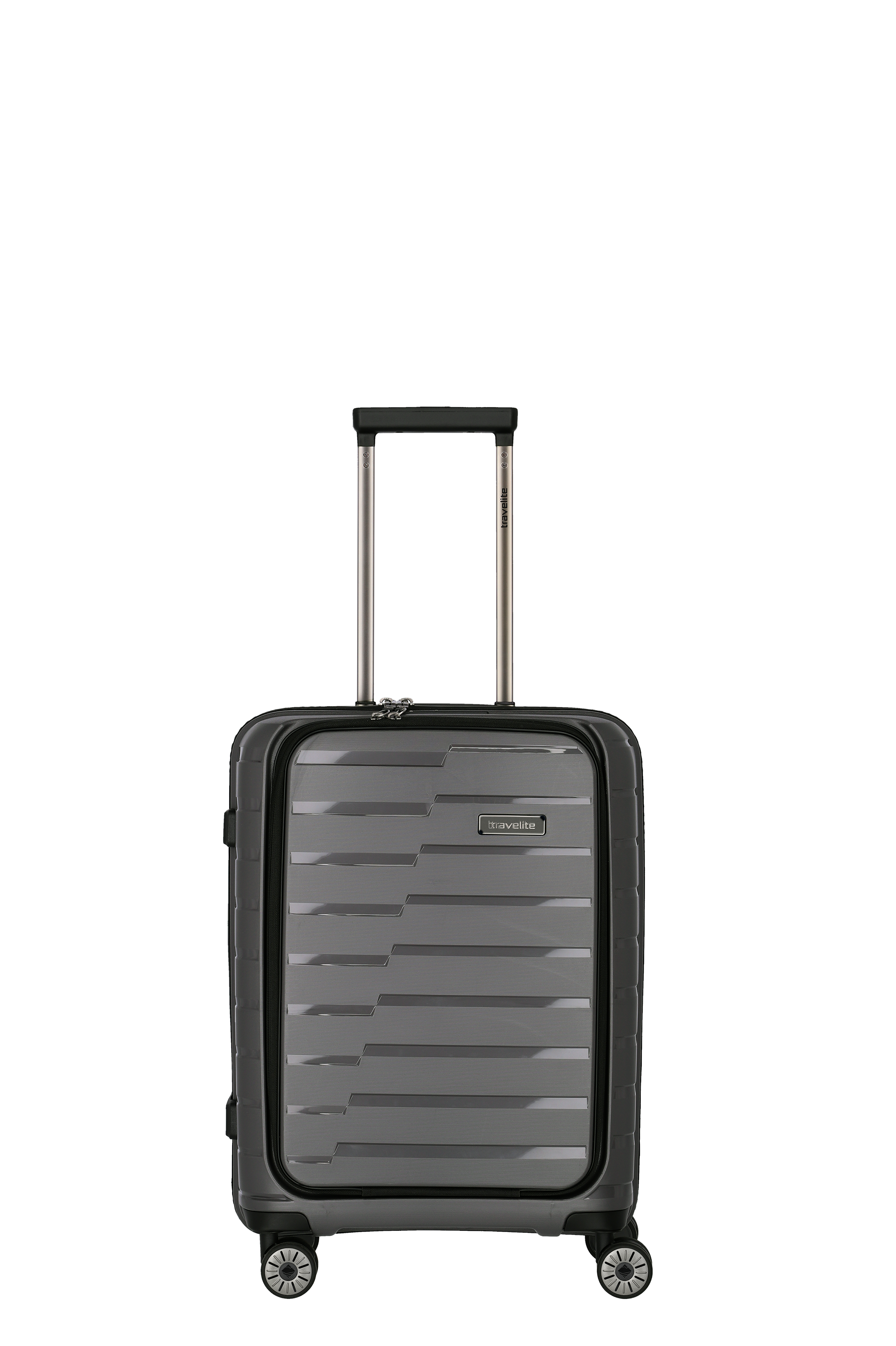
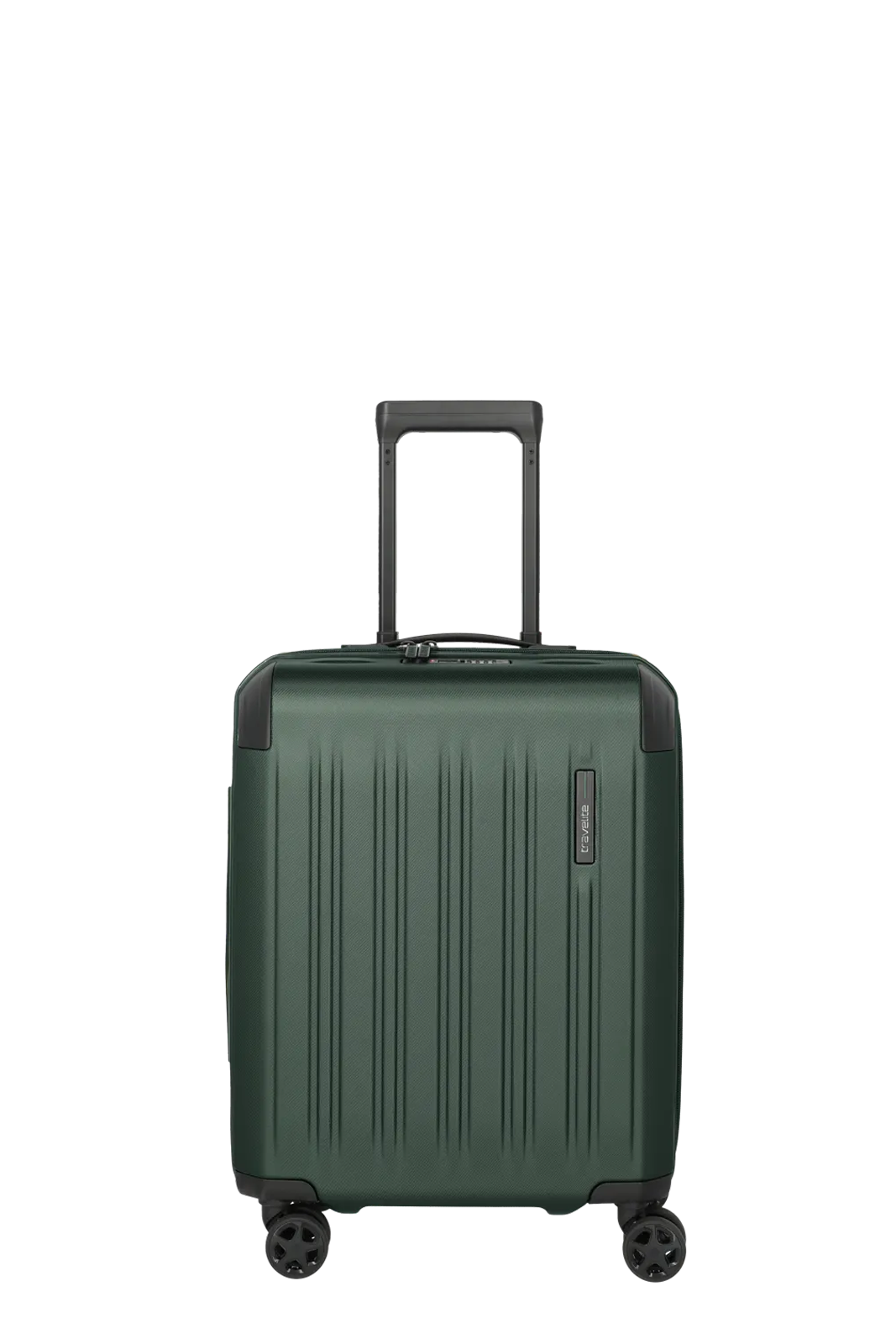



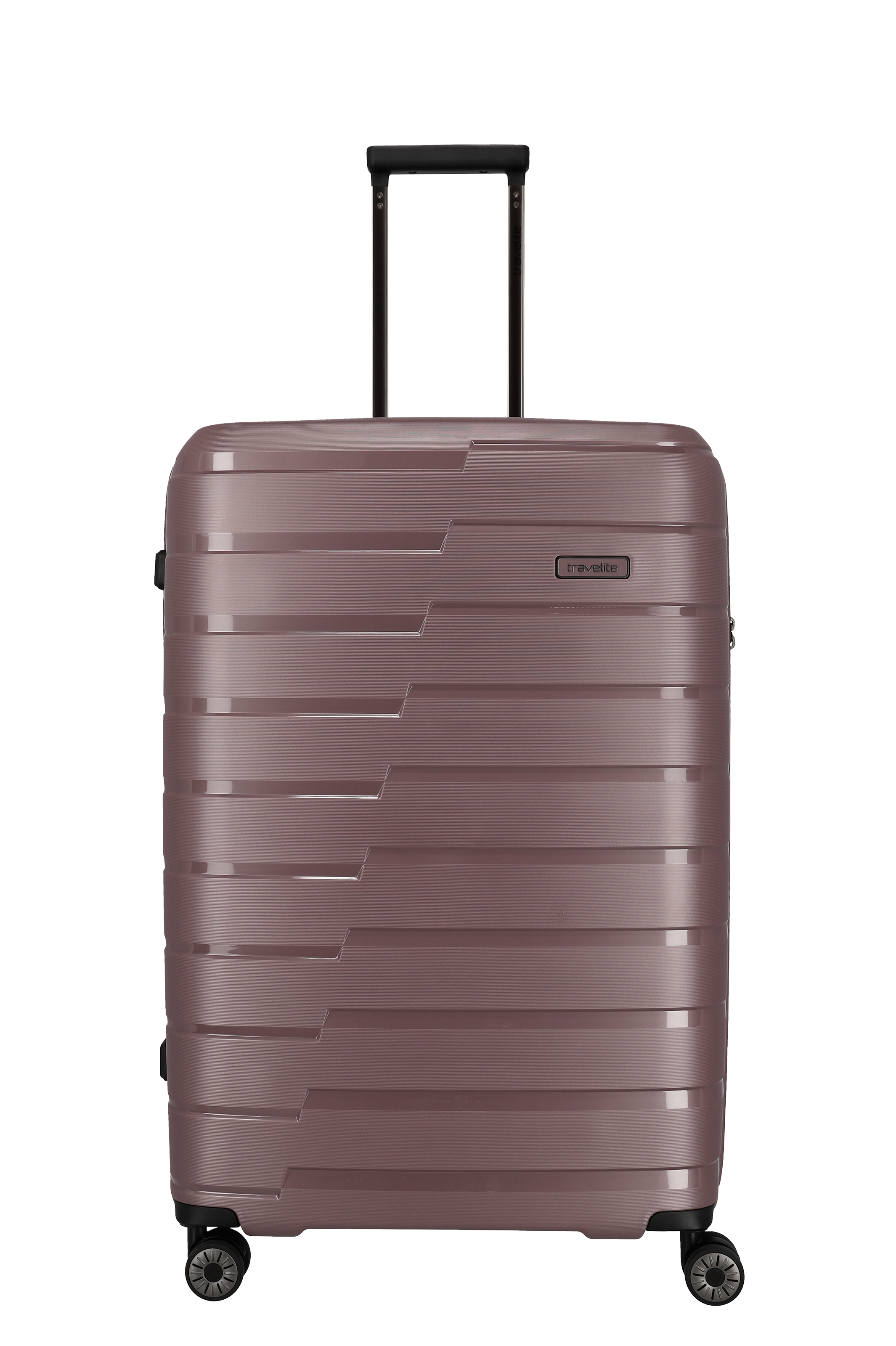



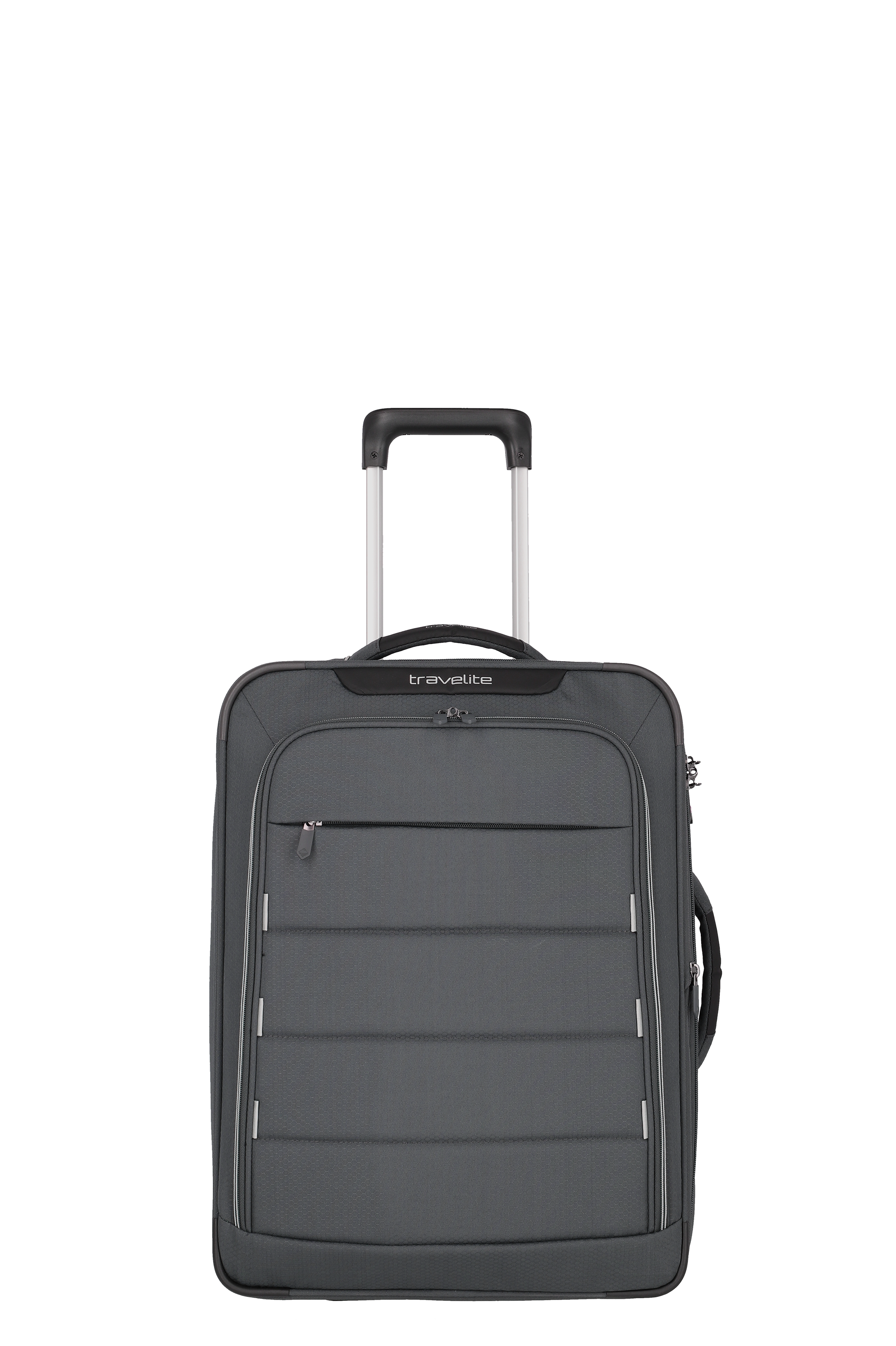

_400x400 Kopie.png?ts=1760433160)
.png?ts=1750248453)

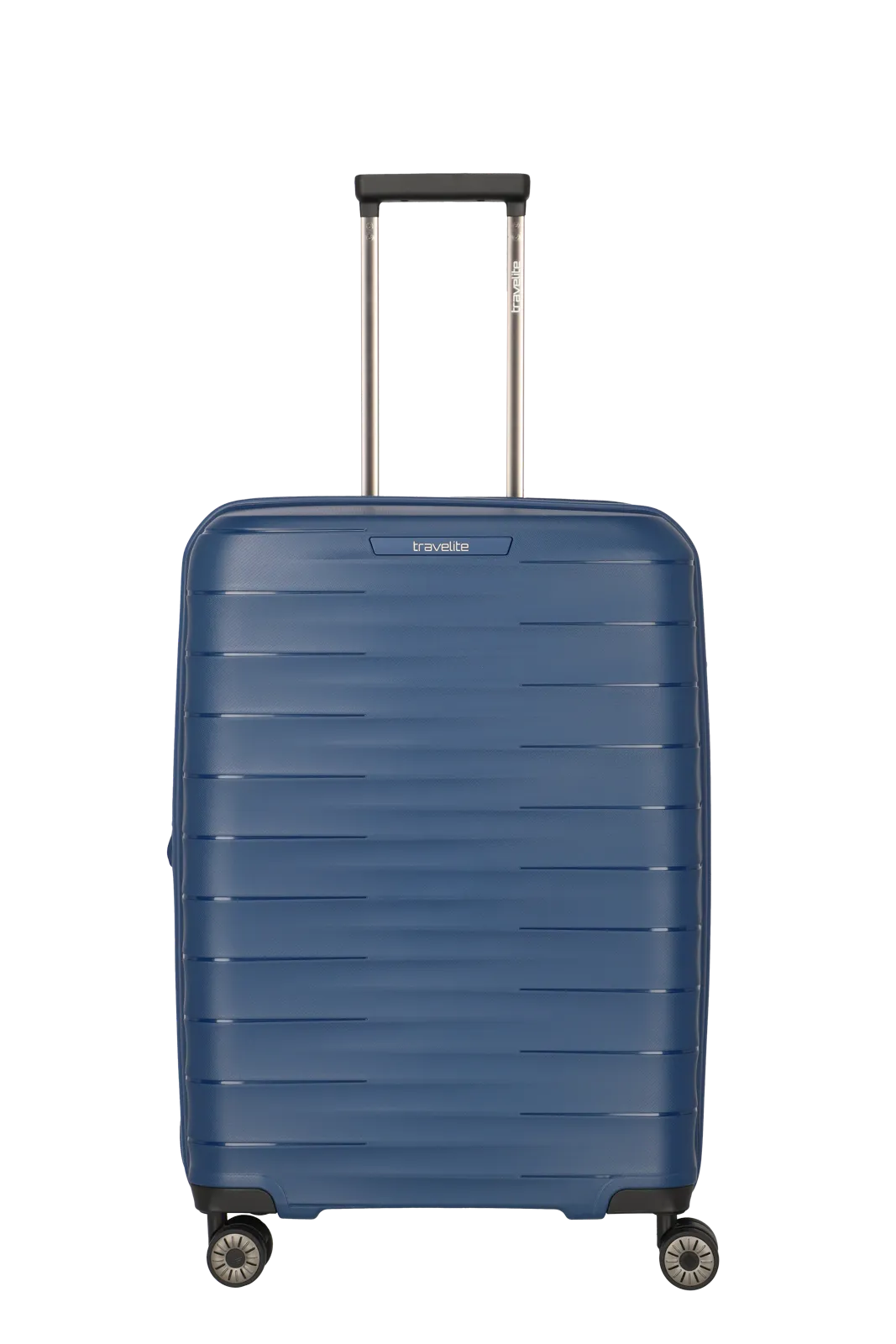

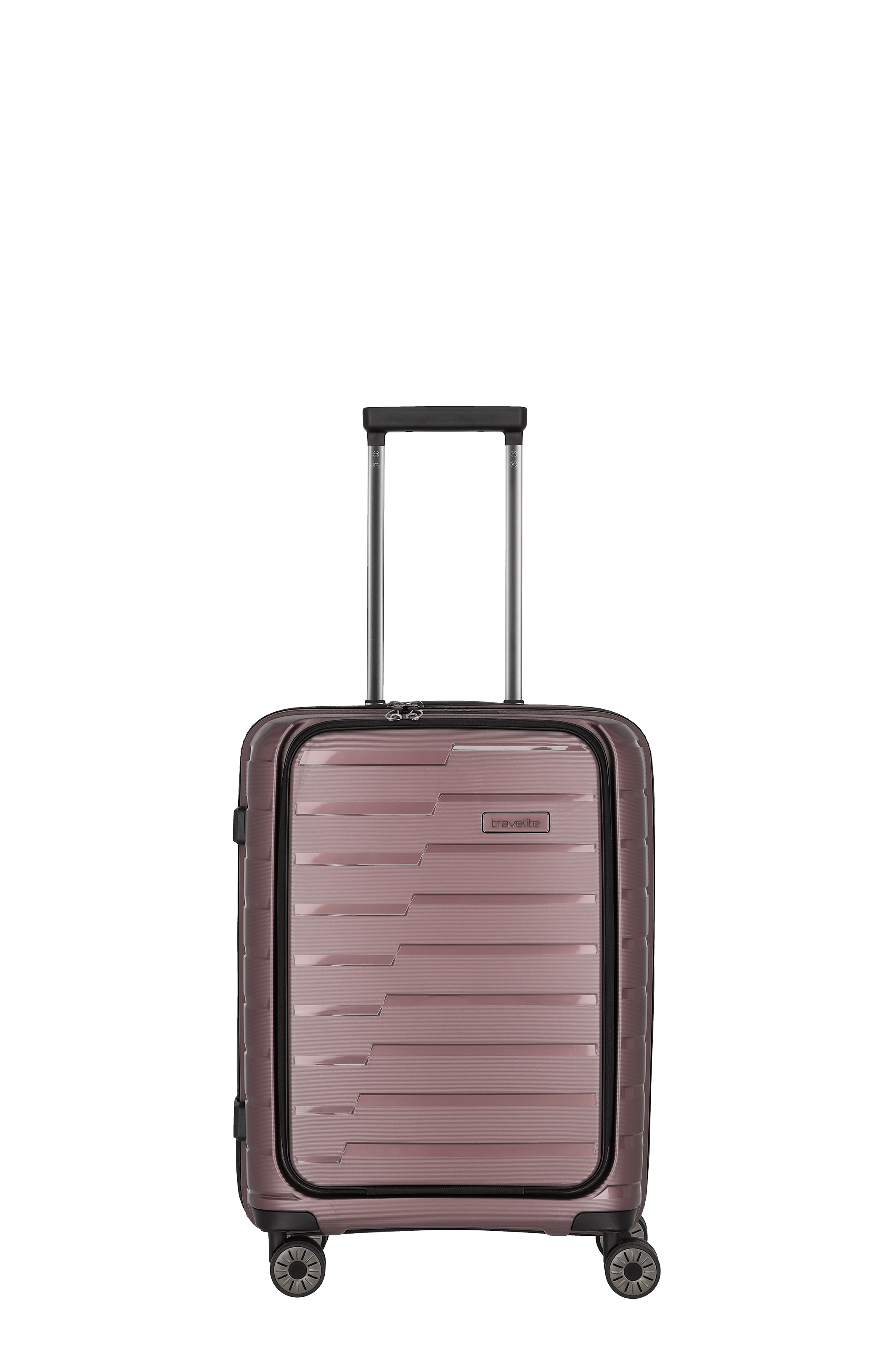

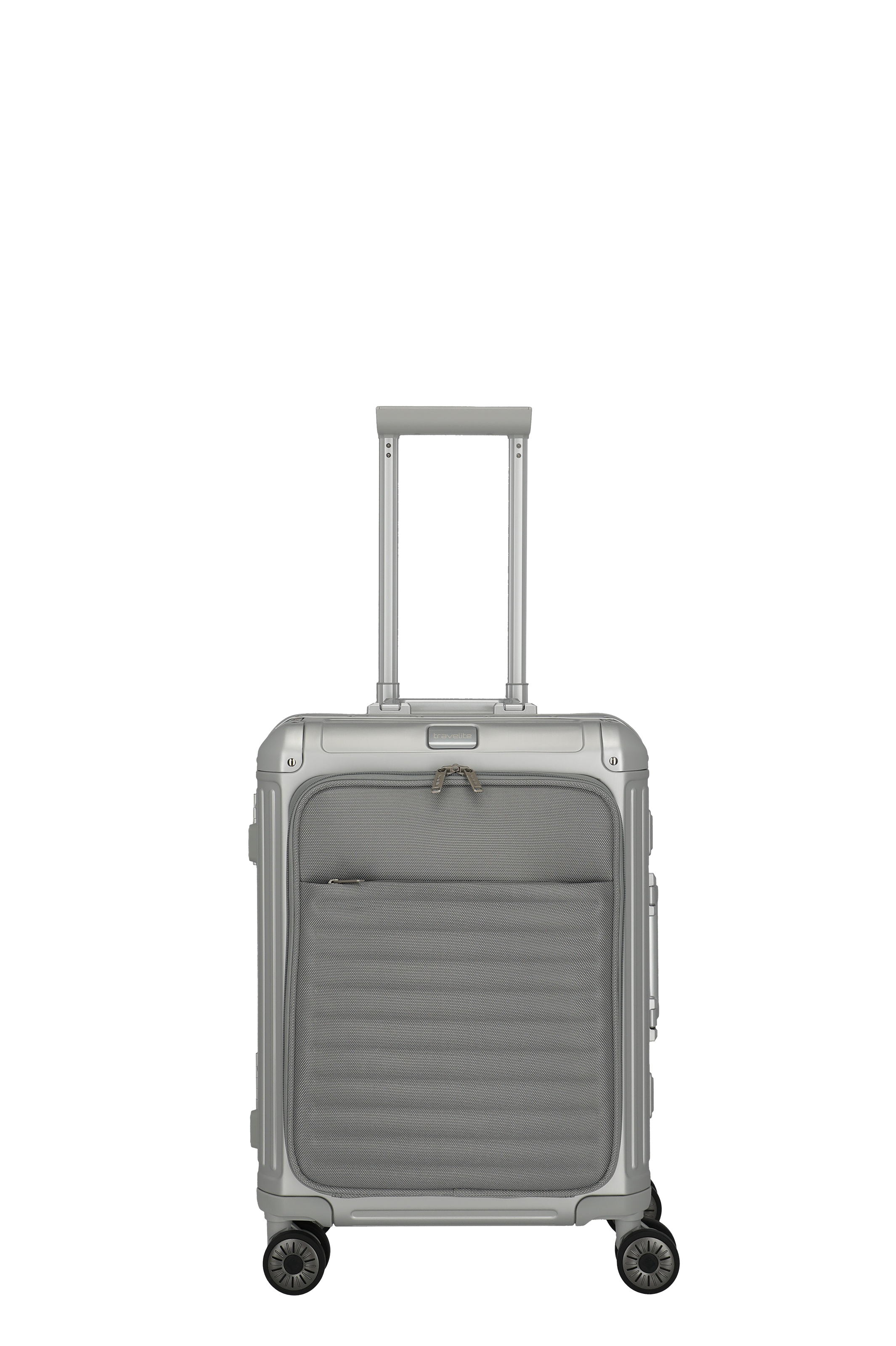

.png?ts=1750248569)


